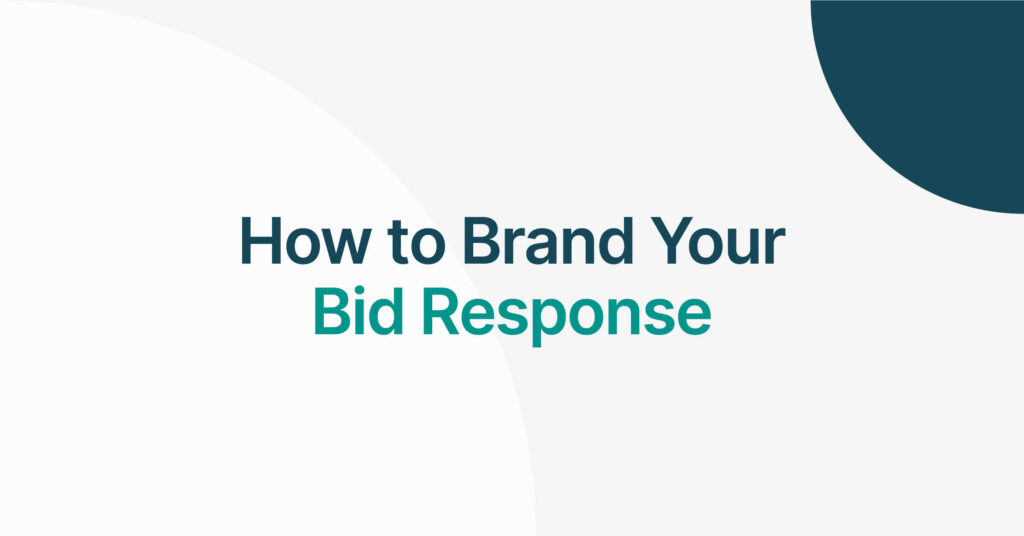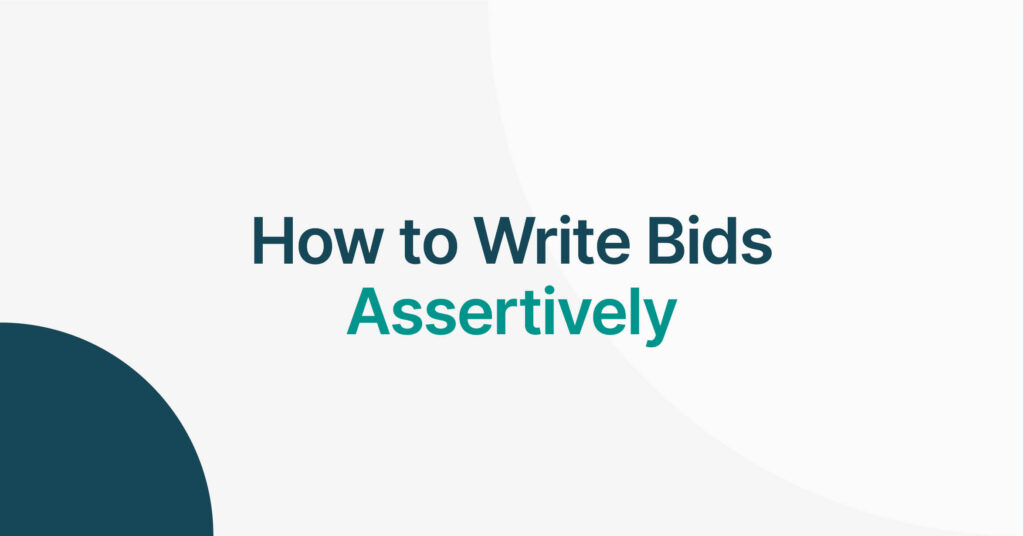Boilerplate Responses
Boilerplate responses
Wouldn’t it be great to have your bid content there at your fingertips?
Well, thanks to Boilerplate responses – you can!
Most people find bid writing stressful and time-consuming. One way to mitigate this stress and focus on diverting resources to the best places is to make select and savvy use of boilerplate responses. This can help make your bid writing efforts much quicker, much more efficient and much less stressful.
Boilerplate responses are generic responses that can be used with minimal effort for multiple different bids.
Think of them as being a bit like templates that can be rolled out for multiple uses. However, they require tweaks and additions to make them specific to a given question.
Of course, to use boilerplates effectively, you need to take a number of things into consideration:
1. It’s key to understand the questions on tenders in your sector that typically arise
For example, if you’re a construction company bidding for work that will involve a building site, then you can reasonably expect the buyer to include a question on how you plan to minimise health and safety risks during the build. Knowing your sector will help you anticipate at least some of the questions you may be asked, and prepare accordingly.
In this case, having a pre-prepared, generic health and safety response would save you precious time and resources. It also means your work on that question might only be a few tweaks here and there. Therefore, allowing you to divert your energies to more in-depth questions, specific to the bid.
2. Remember to make your response specific to the question you are answering
Whilst a “one size” approach gives you a good basis on which to build further info, there is truth to the old adage that “one size does not fit all.” Ensure that you alter your response, change and develop it, using the generic content as a jumping off point to create a response that is unique, precise and answers the buyer’s specific question and fulfils their unique requirements.
3. Don’t approach the response blind
Copying and pasting generic, boilerplate content might save you time, resources and energy, but do not fall into the trap of copying and pasting blindly. Copying and pasting content has its risks, one of which is the prospect of having left in your response the name of a previous job or client. This doesn’t reflect well on you and makes it seem like you haven’t invested much time or effort in your proposal and seems very unprofessional. A way to avoid this is having Boilerplate responses that are not be focused on a particular client, allowing you to leave clearly highlighted blanks where specific details or names should be – preventing any embarrassment further down the line!
4. Make sure the content you reuse is relevant and answers the question
The content you copy might be answering a slightly different question from the one you are actually trying to answer. For example, if a question is asking you for a summary of HOW you implemented your equality and diversity policy, make sure you check the equality and diversity boilerplate content you have, as this might actually detail WHY you did this. This is an example of what may seem like an obvious mistake, but one many continue to make – copying content on the relevant topic area, but content that answers a totally different question.
5. Don’t use outdated content
The content you are pasting might also be outdated. A construction company might hold generic content about adhering to “the latest construction contract – NEC3,” when in fact, since writing the content, “NEC4” has become established as the latest legal obligation for construction professionals. This will make you look slightly behind and a tad unprofessional. Hence whilst boilerplates are a great resource to have, it’s a good idea to review and edit them every few months or so, so that the ideas you discuss, the challenges you mention and the solutions you propose are up to date, relevant and purposeful.
If you need help creating boilerplate content to save you time and effort in winning more work, then talk to our dedicated Tender Consultants team today. We do this as part of our Tender Ready programme.








